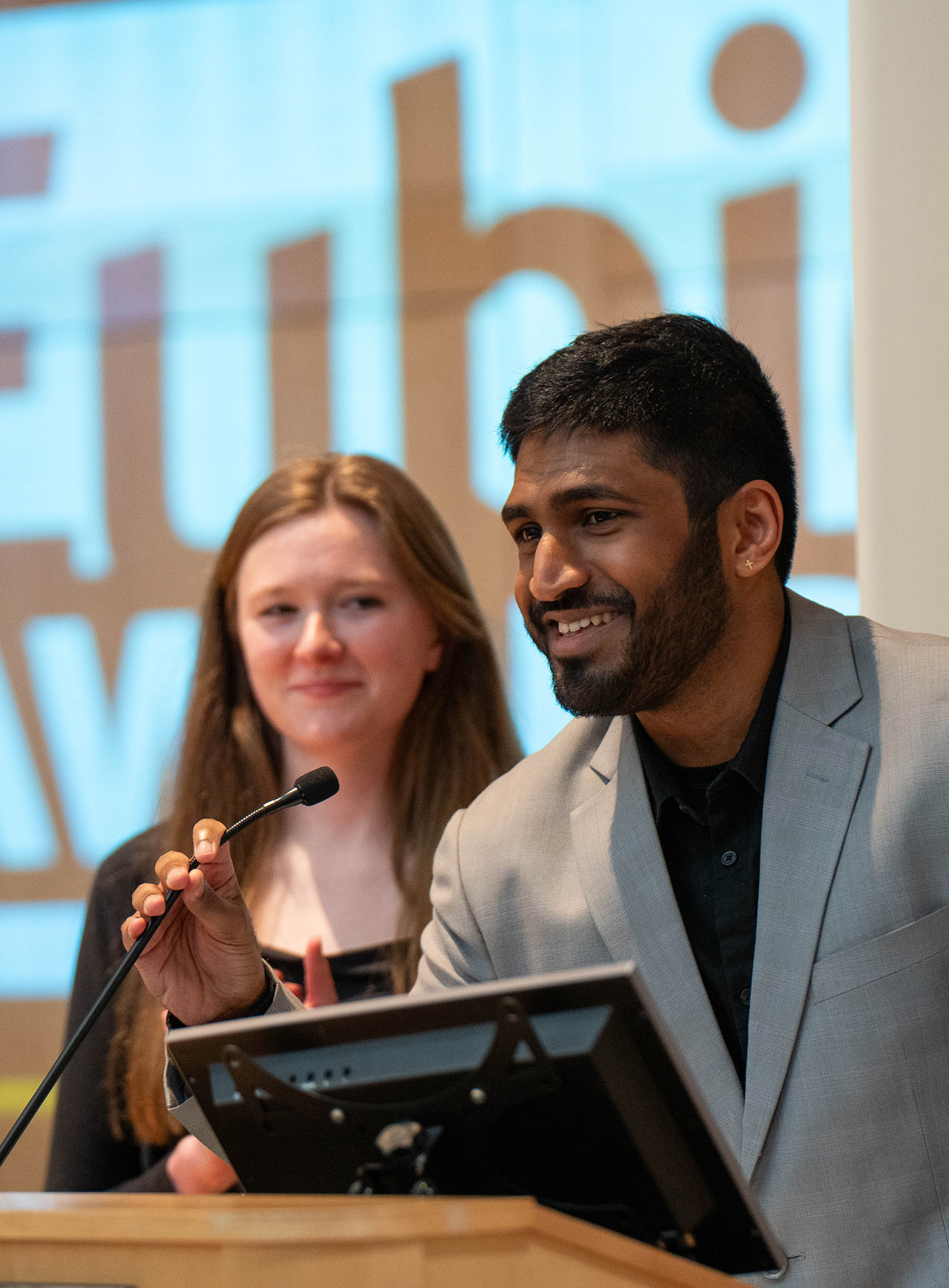Yale Gordon College of Arts and Sciences
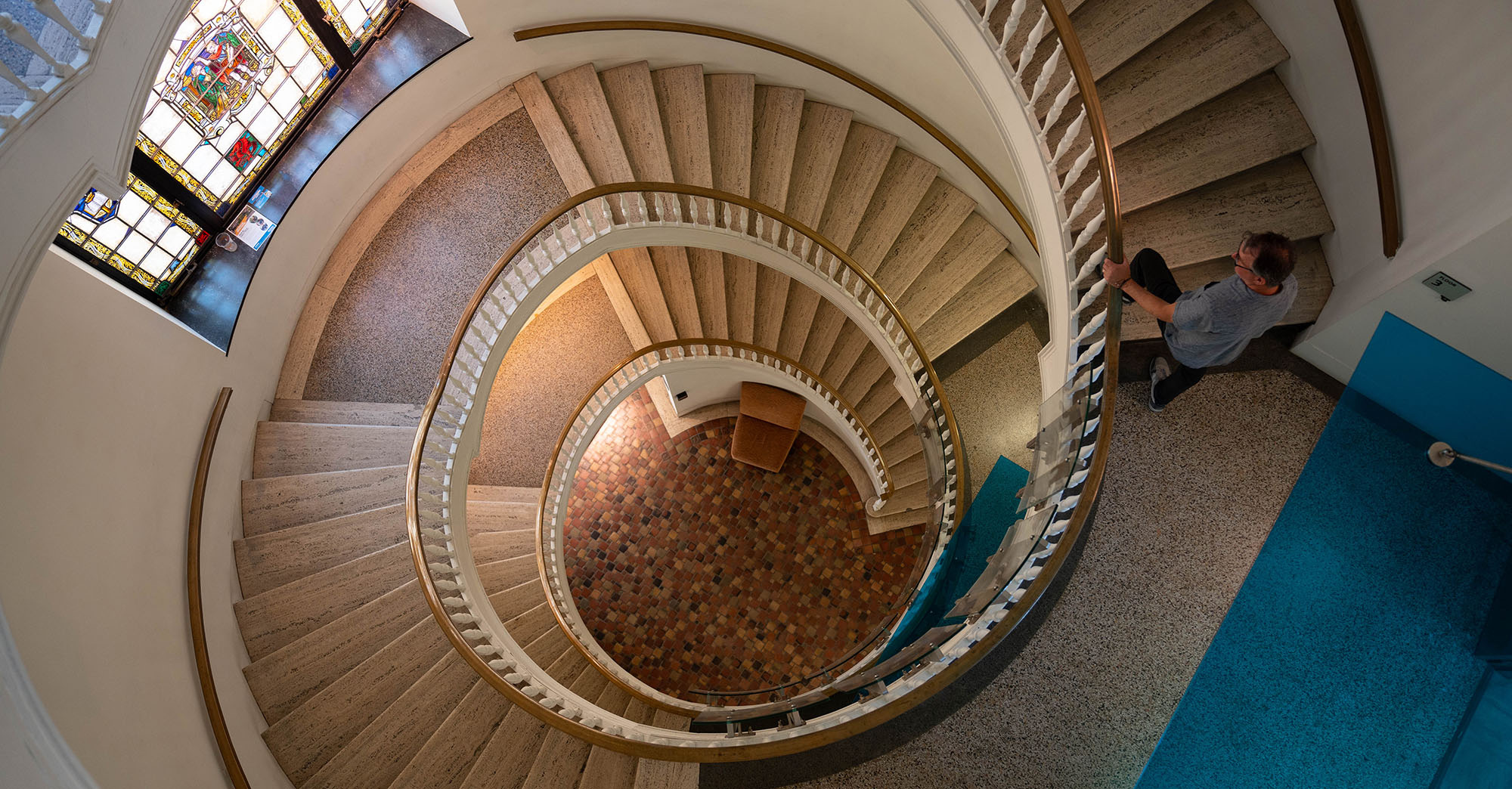
Transcending Traditional Boundaries.
The Yale Gordon College of Arts and Sciences is a vibrant community of scholars, creators and problem-solvers dedicated to interdisciplinary thinking and innovative solutions to complex challenges. We are different by design and purposeful as we continue to challenge the traditional boundaries of higher education.
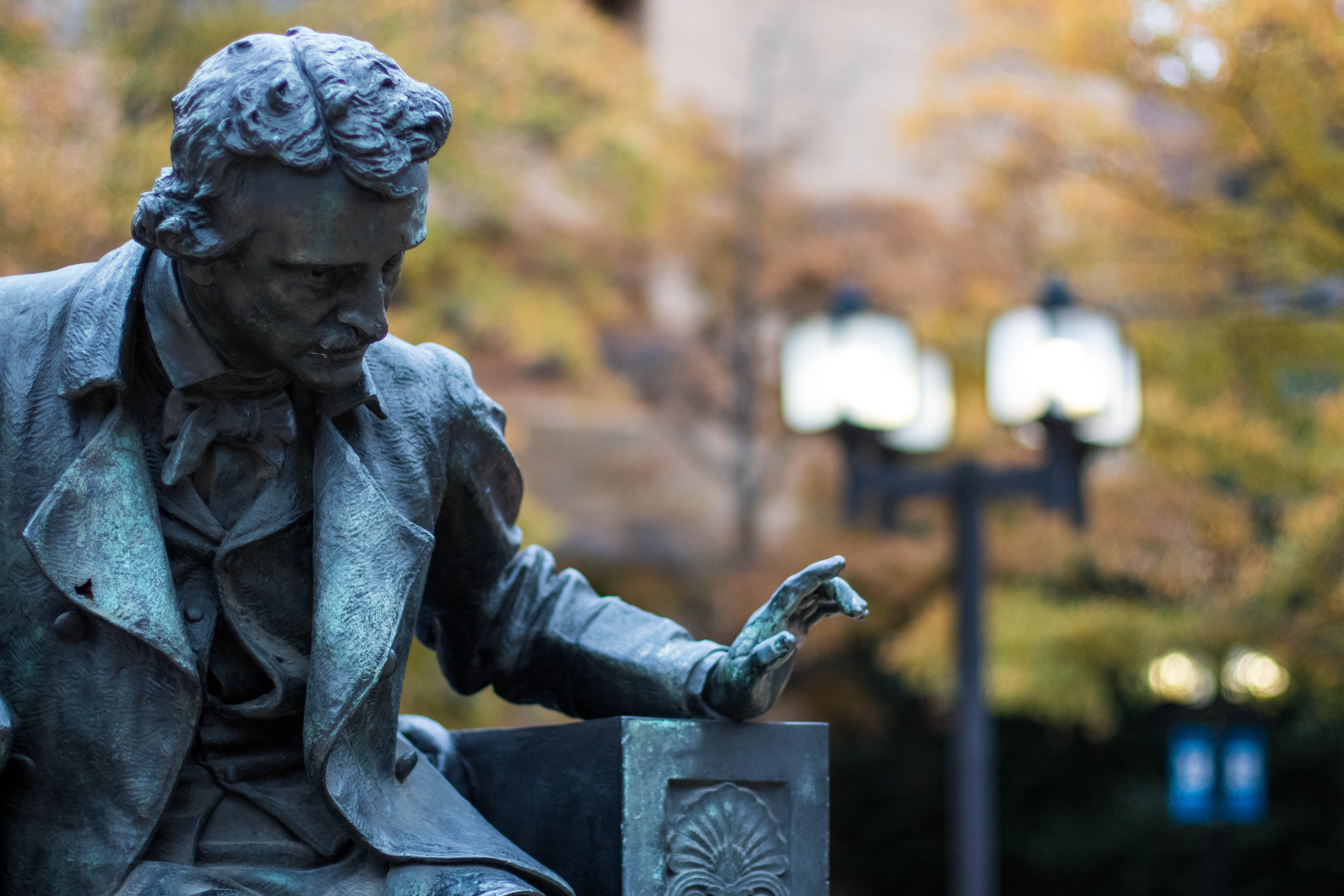
Empowering your academic
and professional discovery.

Beyond Liberal arts and sciences.
We foster critical thinking, encourage innovation and discovery, and enrich the
intellectual lives of our diverse learning community. Through interdisciplinary and
discipline-based programs spanning the arts, humanities, and social and natural sciences,
we provide visionary, integrative learning and teaching environments enhanced by rapidly
evolving information and communication technologies.
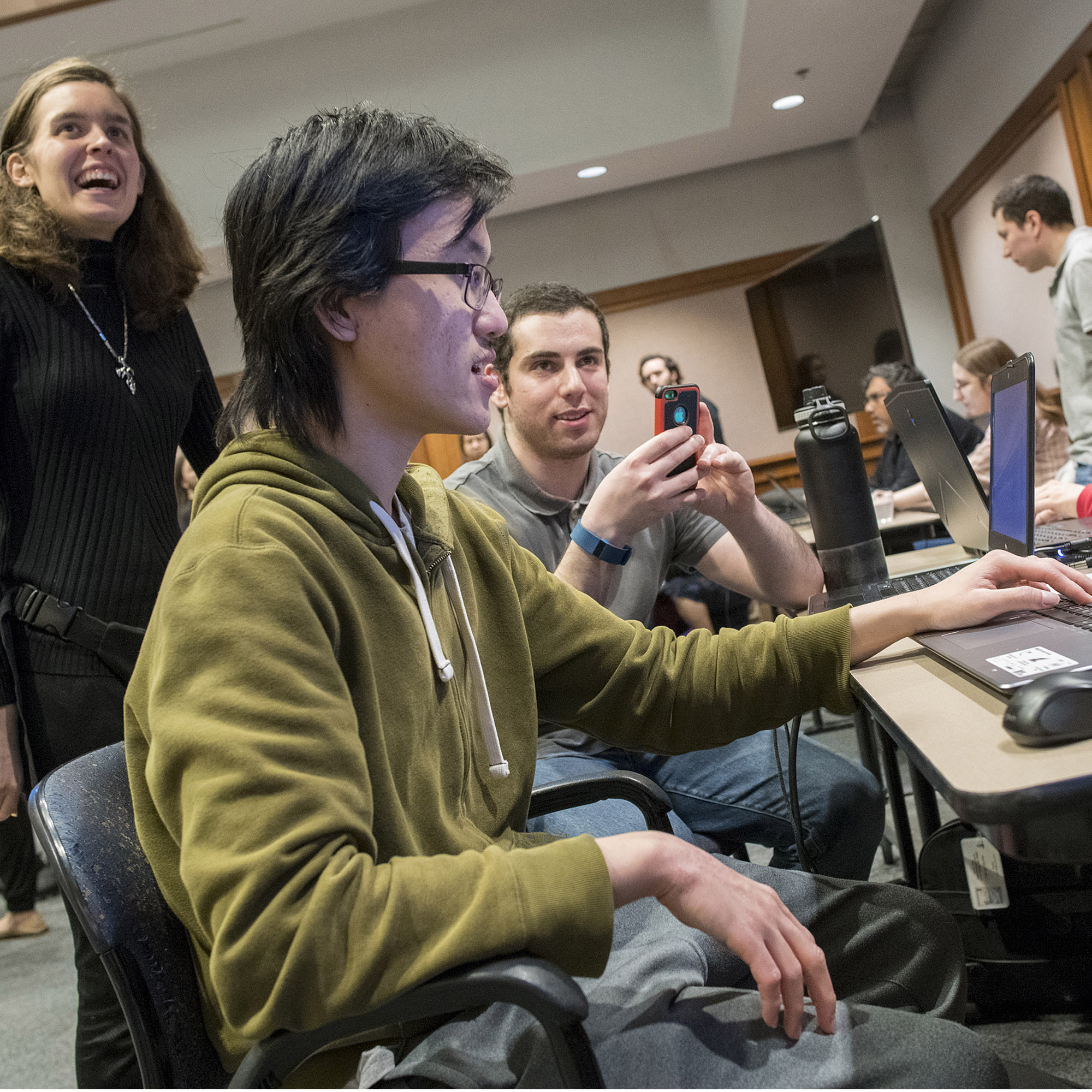
Career preparation and interdisciplinary professional studies.
Our graduates are reflective, skilled communicators, prepared to tackle today's
challenges ethically and adapt to an ever-changing world. Ready for the workforce,
they are broadly informed and deeply engaged in their local, regional, and global
communities.

College of Arts and Sciences
News and Stories
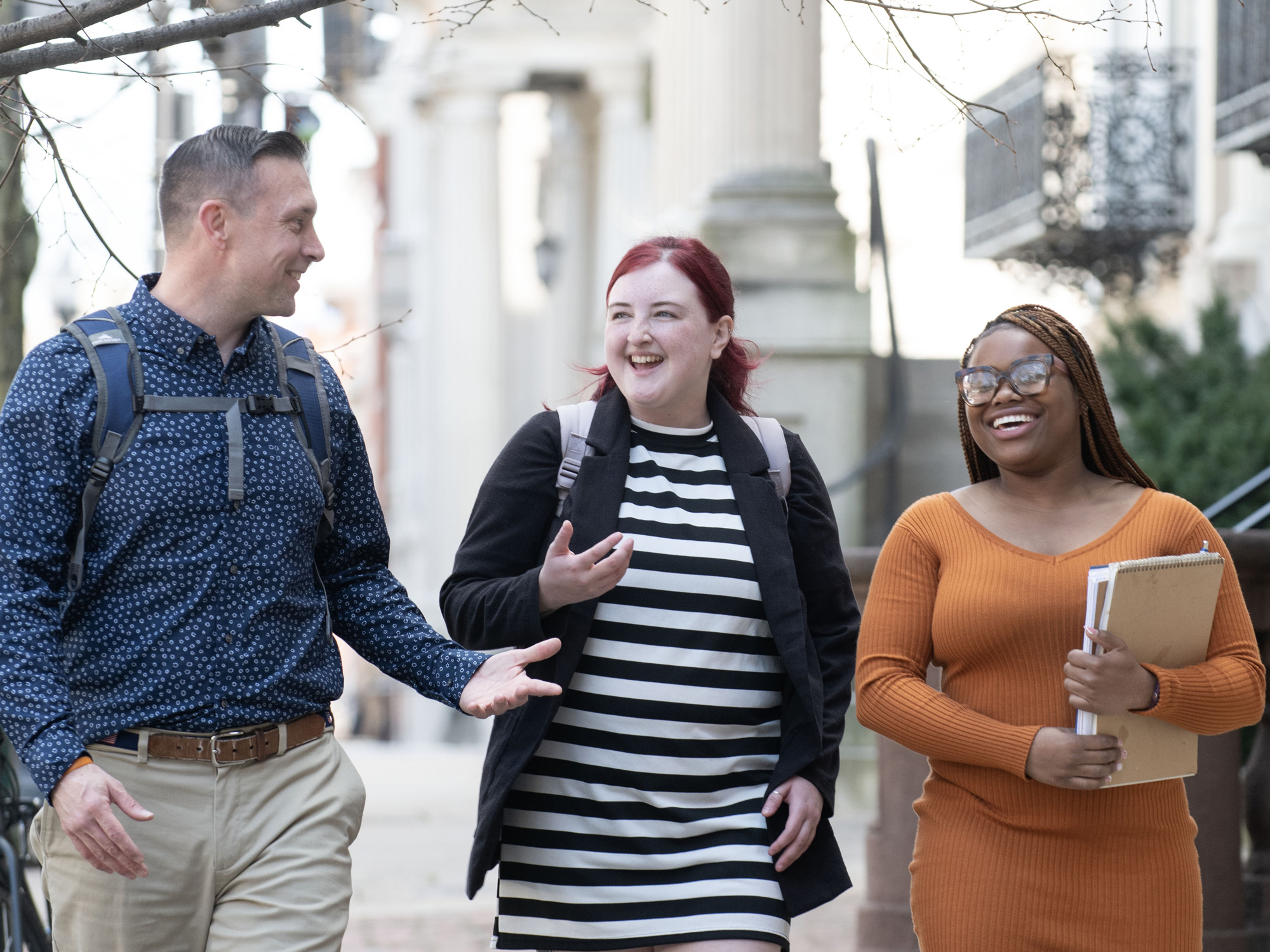
January 27, 2025
January 5, 2026
December 11, 2025
